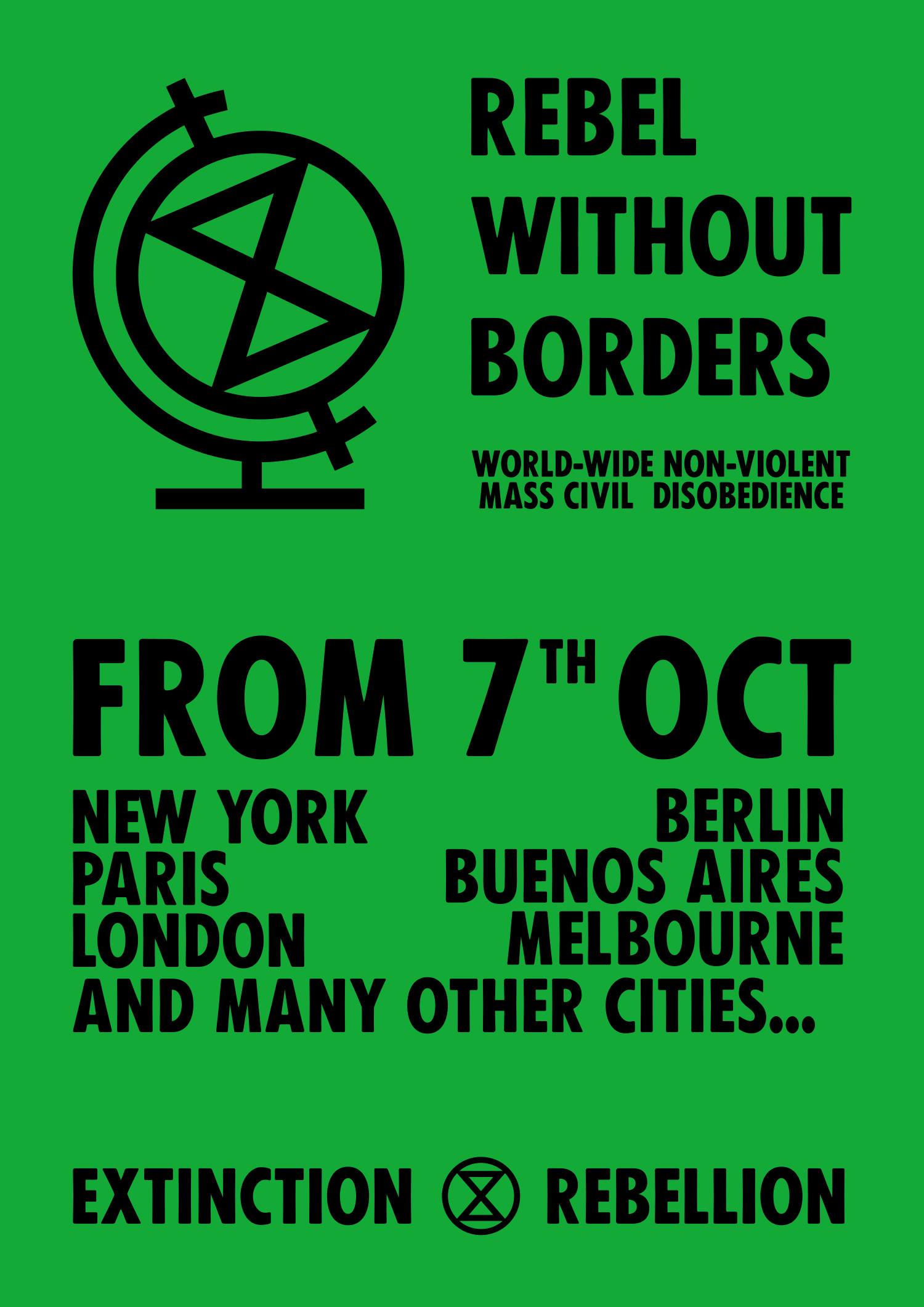Climate breakdown
Hanno Böck
You may know me from giving talks about IT security (and sometimes about science)
I was a climate activist and later a writer for a climate news webpage up until around 2013
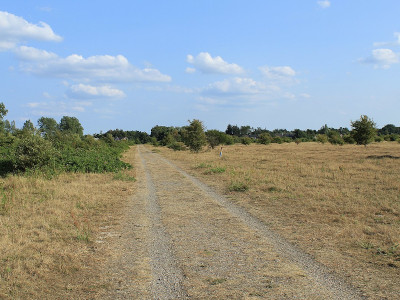
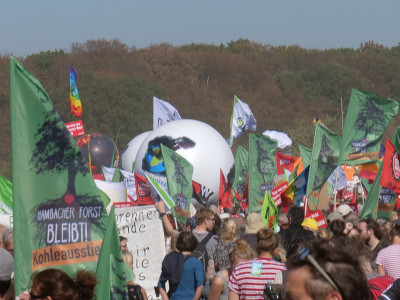

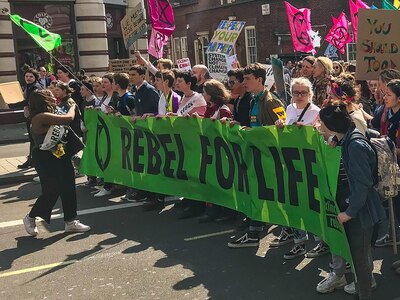
Marseille77, CC by-sa 4.0 Leonhard Lenz, CC0 Anders Hellberg, CC by-sa 4.0 Martin Hearn, CC by 2.0
So where are we?
CO2 Emissions (Fossil Fuel and Industry)
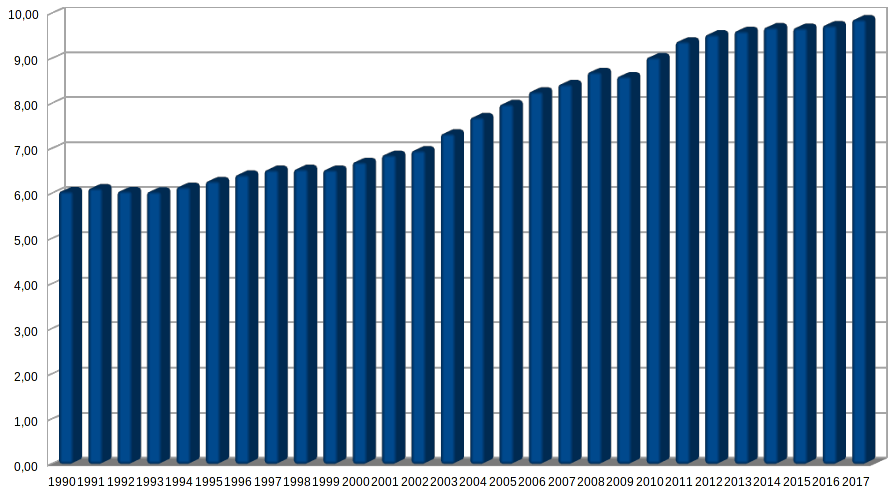
The world is around 1 degree warmer and we're increasingly seeing effects
Heat wave and water shortage in India (May/June)
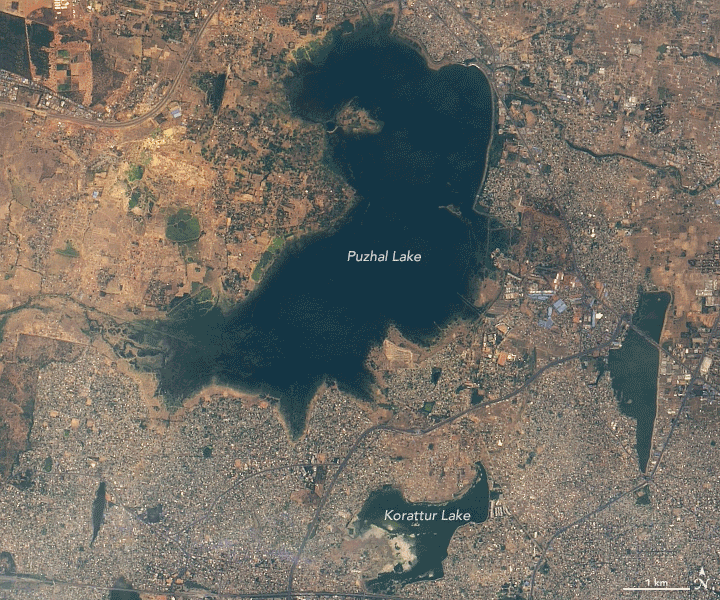
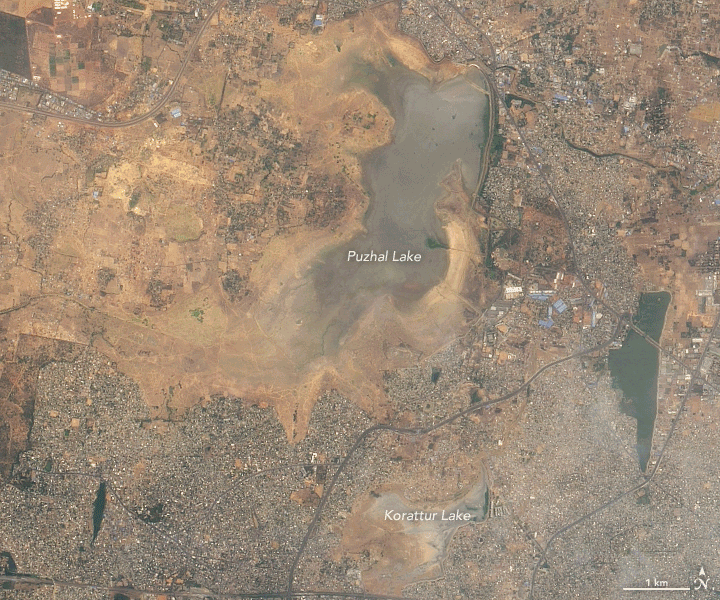
Heatwave in Europe (June/July)

Wildfires in the arctic circle
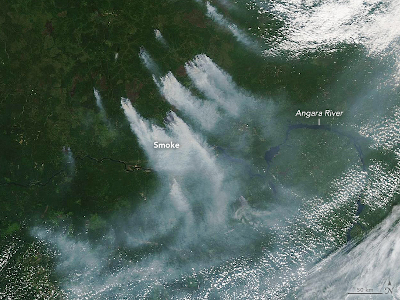
Greenland is melting much faster than expected
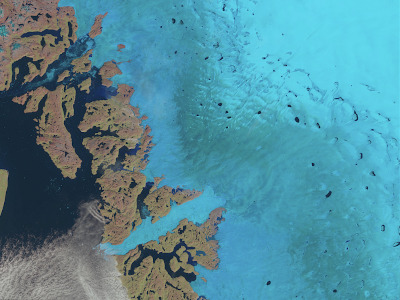
Politics
Paris Agreement (2015)
All nations in the world agreed to 3 degree of global heating
That's probably not the story you heard about the Paris Agreement
Nations agreed to the goal of limiting global temperature rise to "well below 2°C"
"pursuingefforts to limit the temperature increase to 1.5 °C"
But there is a problem
They have no plan how to get there
In the Paris Agreement nations commit to so-called Nationally Determined Contributions (NDCs)
Estimates are that if all countries commit to their commitments we would end up with more than 3°C warming
*If* they commit to their NDCs, which many of them don't
Temperature rise
| Current (~) | 1 °C |
| Paris goal (ambitious) | 1.5 °C |
| Paris goal (minimum) | 2 °C |
| Paris NDCs | 3 °C |
| Current policy | 3-4 °C (or more) |
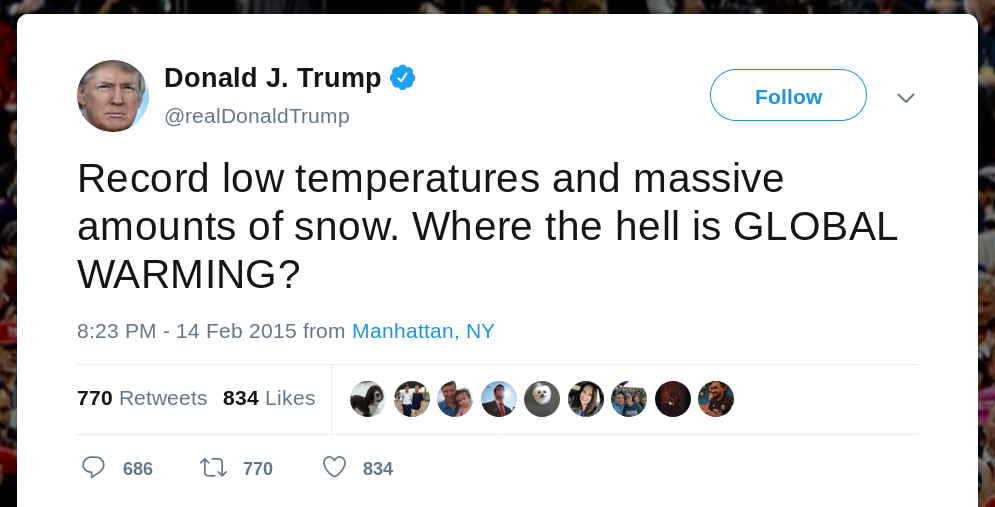
Michael McCormack, Deputy Prime Minister of Australia
On 17th of June 2019 Canada declared a climate emergency
Sounds good, right?
On 18th of June 2019 Canada approved the Trans Mountain Oil pipeline
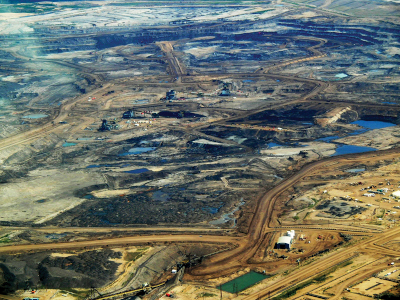
These are the extremes, but keep in mind that even in countries that commit to climate action, almost nothing meaningful happens
The Science
The IPCC
The IPCC summarizes results from climate science
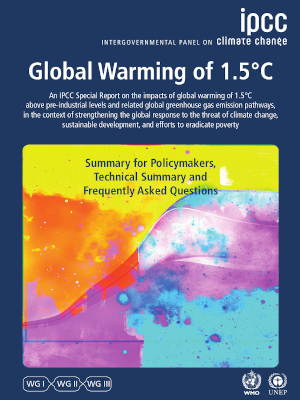
2018 the IPCC published a special report on 1.5 degree warming
It had two main messages:
- There's a substantial difference between 1.5 and 2 degree warming
- 1.5 degree is still doable under optimistic assumptions if the world immediately starts transforming to a low carbon economy
1.5°C or 2°C
Coral Reef
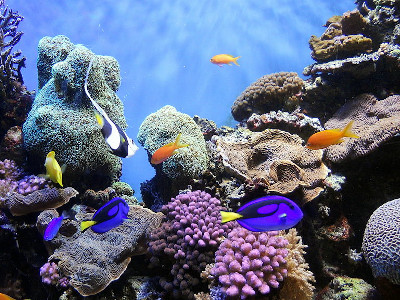
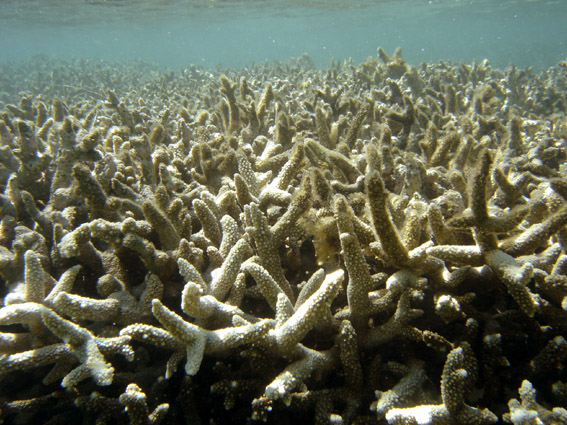
How many coral reefs will be destroyed?
| 1.5°C | 70-90% |
| 2.0°C | 99% |
Summers with an ice-free Arctic
| 1.5°C | 10% |
| 2.0°C | 100% |
Sealevel rise by 2100
| 1.5°C | 0.40 meters |
| 2.0°C | 0.46 meters |
Population affected by extreme heat
| 1.5°C | 14% |
| 2.0°C | 37% |
What's needed for 1.5°C?
Around 50% reduction til 2030, carbon neutral by 2050
Is the IPCC telling the full story?
Please don't take the following as criticism of the scientists in the IPCC, they're doing important work in a difficult situation under constant attack
A lot of scientists are worried that the IPCC is overly conservative
IPCC report (2007) versus measurements
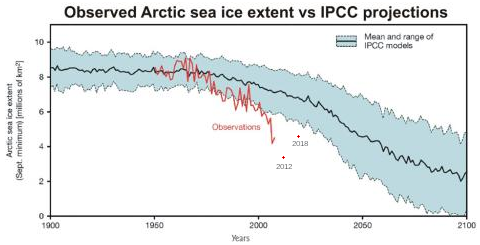
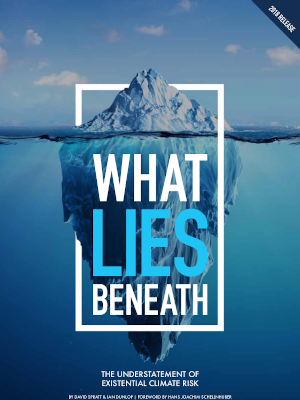
Climate scientists are saying we need to act fast to avoid the worst outcomes of the climate crisis, but we can still do it
They've been saying similar things many years ago
The science didn't get more optimistic, quite the contrary
How's that possible?
Negative emissions
All 1.5°C scenarios and most 2°C scenarios assume negative emissions in the future
Plant trees

Planting trees is good, but it has limits and competes with other uses of land
We need to talk about Carbon Capture and Storage (CCS)
Storing carbon dioxide underground
During the last wave of new coal power plant constructions (2006-2010) in Germany CCS was a common theme in the discussion
"Yeah, coal produces a lot of carbon dioxide, but that's no problem, because we're gonna store it in the future"
That never happened
In Germany carbon dioxide "storage" was very controversial, but similar projects failed in other countries where they were much less controversial
Today there are only a few CCS projects operating, most of them in the context of Enhanced Oil Recovery
When you talk about things like Carbon Capture and Storage there's always a risk that it's gonna be used as an excuse to continue business as usual
But we were talking about negative emissions, not coal plants with fewer emissions
Bio energy and CCS (BECCS)
Use bio energy and capture the emissions
Obviously it comes with all the problems that usually come with bio energy
Land use change can itself be a source of emissions (e.g. turning rainforest into palm oil plantations)
Global heating will threaten food security already, bio energy increases the problem
Direct Air capture
Directly removing carbon dioxide from the air
This is less problematic from a land use perspective
These machines will require energy
For 1.5°C scenarios this could need up to 300 Exajoule per Year
World electricity consumption is around 75 Exajoule
Optimistic IPCC scenarios rely on technology that largely doesn't exist
Even if the technology works: How do you make that work politically and economically?
Feedback Loops
Probably the most relevant criticism of the IPCC is that they have insufficiently considered the risks of tipping points and feedback loops
When warming causes more warming
Ice is bright, Water is dark

Albedo Feedback Loop
Ice reflects part of the sun's energy back.
When the ice melts less energy is reflected, the oceans heat up more.
Plenty of Feedback Loops
- Melting permafrost releases methane
- Drying peat bogs
- Forests burning faster than they regrow
- Water vapor acts as a greenhouse gas
- More...
Runaway Climate Change
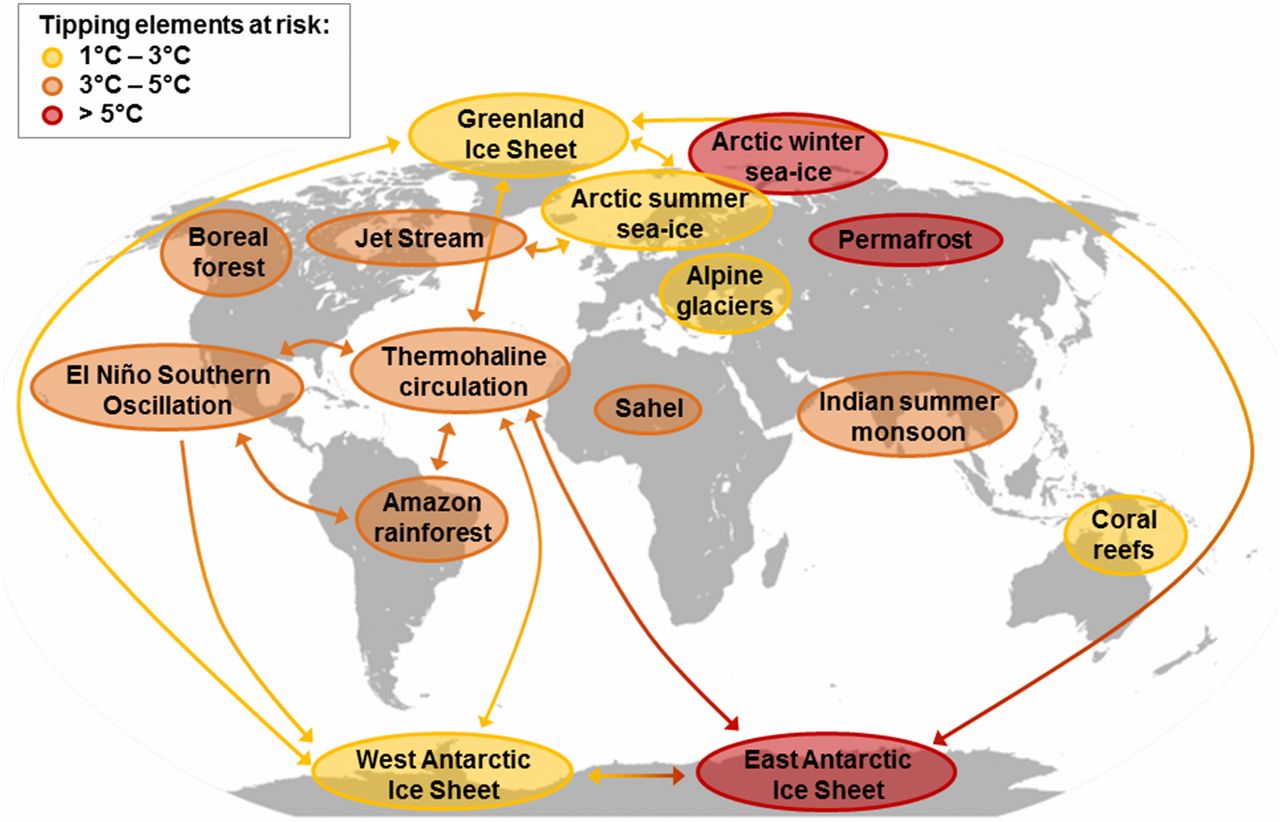
The "Hothouse Earth" study warns that even with 2°C warming such a scenario can plausibly happen
Trajectories of the Earth System in the Anthropocene, many authors, 2018
The Media
It's quite obvious that large parts of the population aren't aware of the real scale and risk of the climate crisis
False Balance
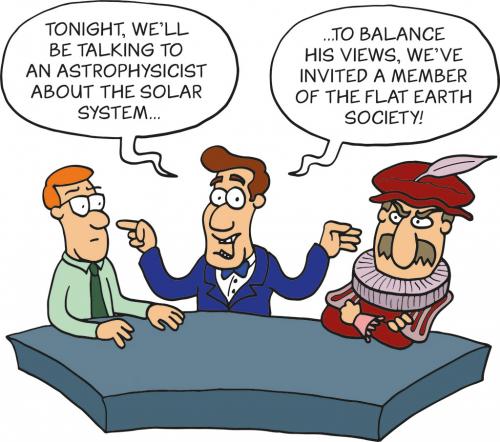
A recent study analyzed a group of 386 prominent climate scientists and versus a group of 386 prominent "contrarians"
Overall the contrarians had 49% more media visibility, in mainstream sources it was roughly equal
There are a few quesitons about the methodology, but still this is clearly disastrous
Media representation of climate denial is only one problem, another is simply ignoring the topic
A few people in the media get it
Guardian wants to avoid terms like "climate change" and "global warming" and instead use terms like "climate crisis" and "global heating"
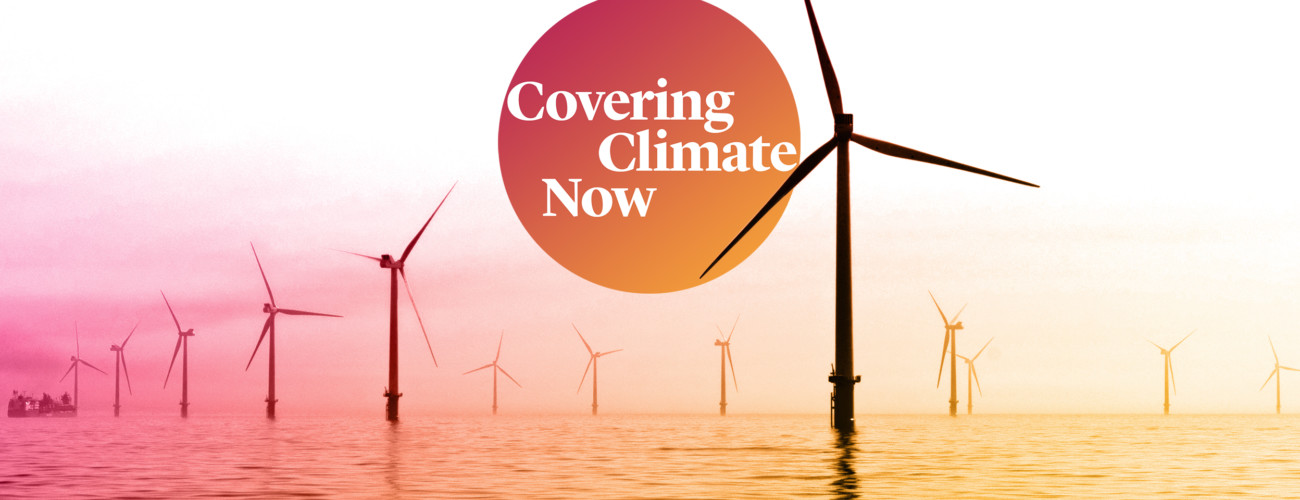
Many publications committing to cover the climate story better
(Guardian, CBS, The Nation, ...)
No major publication from Germany supports this yet
What needs to happen?
We need to stop burning fossil fuels, that much is obvious
We need to get rid of this
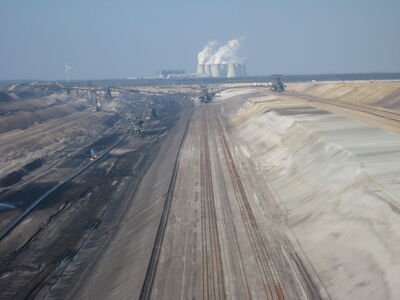
I don't have a lot of positive messages for you, but here's one:
Building renewable energy is easier than what most people predicted

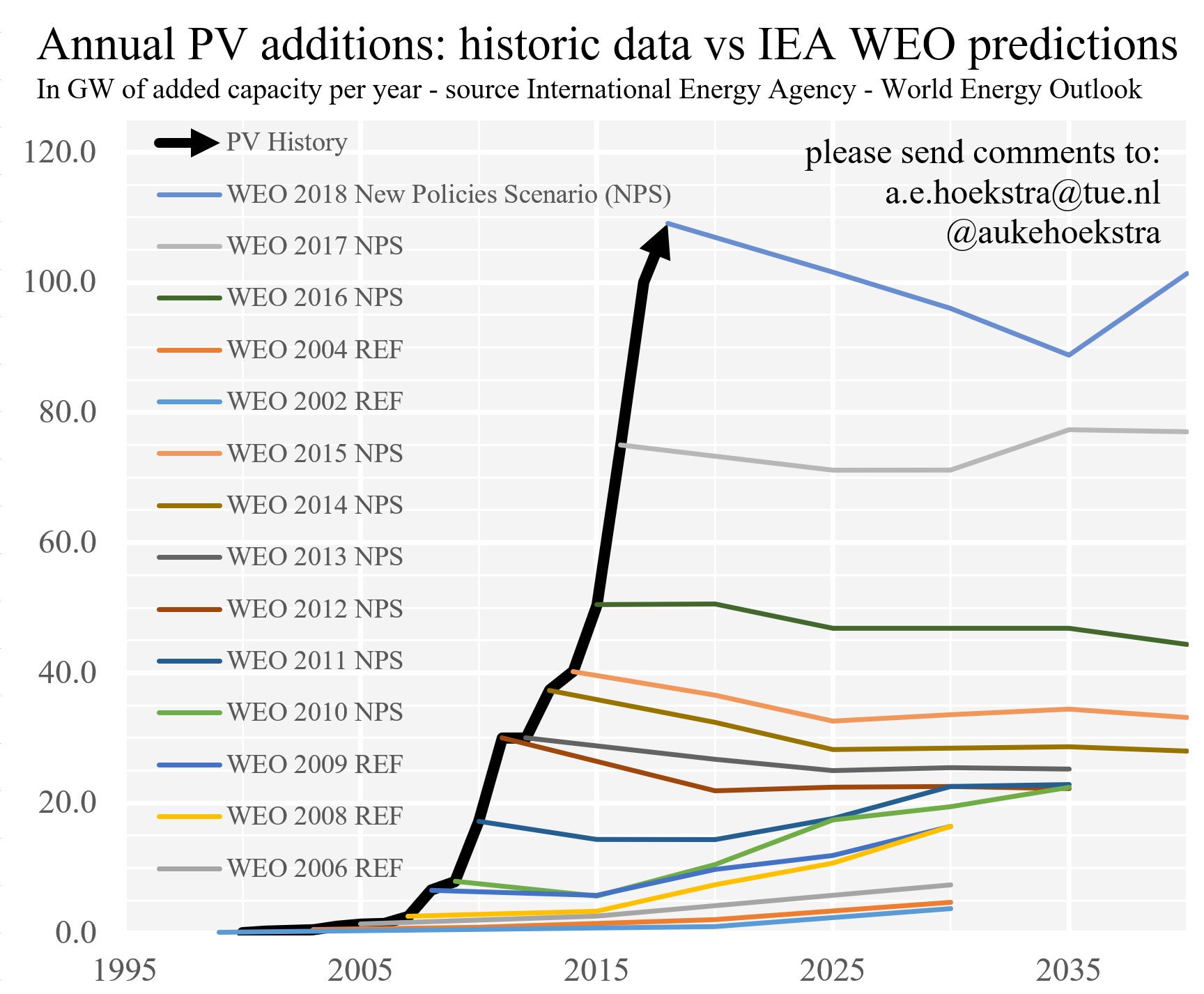
Changing the electricity sector is very important, but that's the easy part
Some sectors are much harder to decarbonize
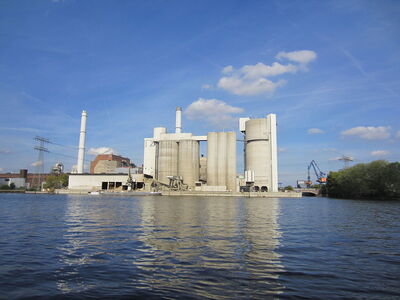
Do you know how cement is made?
CaCO3 = CaO + CO2
That is around 5 % of worldwide carbon dioxide emissions
(overall cement emissions are even higher due to energy use)
Cement isn't the only hard problem
- Airplanes
- Steel
- Fertilizer
Geoengineering
Can we do something to counteract the warming from the greenhouse effect?
Solar Radiation Management
Ideas go from relatively benign (white roofs) to dangerous (aerosols), some sound a lot like science fiction (mirrors in space)
This isn't widely discussed yet and the IPCC explicitly excludes solar radiation management from its scenarios
Under normal circumstances considering to blast chemicals into the atmosphere sounds really crazy
If we end up in a situation where it's either this or a planet largely uninhabitable we probably need to have that discussion
Is the discussion itself dangerous?
We've seen similar issues with CCS:
Some people may think this is an easy way out and a reason to avoid reducing emissions
Climate Justice
In Brazil and Bolivia the rainforest is burning
This is without a doubt a disaster
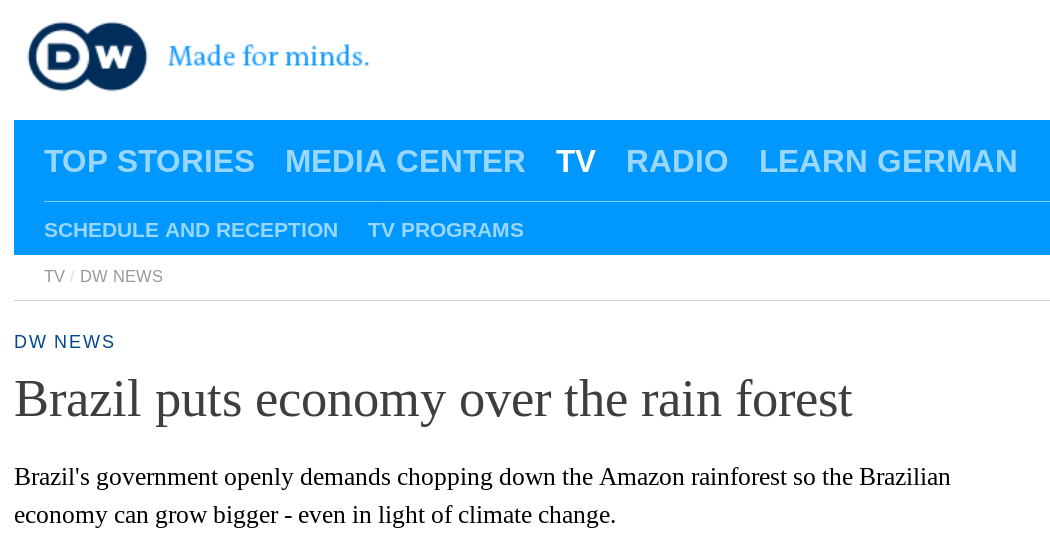
People from a rich country doing this

complain about poor countries putting economy over ecology
How about this:
Rich countries could pay poor countries to protect the rainforest
Do you know this guy?

In 2007 Ecuador proposed to not exploit the ITT oil field in the Yasuni national park if the world is willing to compensate for half of their income loss
A few countries were willing to support this (France, Spain) and it had some sympathy in Germany even among conservative politicians
Germany pulled out of the project, the responsible minister Dirk Niebel (FDP) preferred "marked-based mechanisms"
The Yasuni-ITT initiative failed in 2013
Rich countries sent a message:
We're not willing to pay for the rainforests
How did this all go so wrong?
We should recognize failure
Nothing that has been done until now had any meaningful impact
This is a failure of climate policy, climate diplomacy and the environmental movement
The actions required to achieve any reasonable goal are not even part of the political discourse
We need to say how bad things are
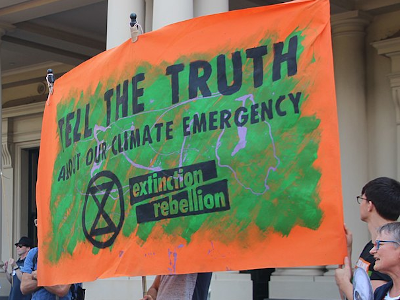
I think it's part of them problem that in the past people often tried to give a "hopeful" message, which often is just another form of denial
What can IT/Tech people do?
If you have a good answer I'd like to hear it
For a start I have a few proposals what not to do
Building a libertarian utopia that's based on wasting as much electricity as possible is probably not the best idea

What's the tech industry doing?
What do you think this is?

I call this the Google devision for accelerated climate chaos

If you scroll down a bit

Don't be evil
I just picked Google because this web page image was so strange, all large cloud providers have close ties with the oil industry
How Google, Microsoft, and Big Tech Are Automating the Climate Crisis (Gizmodo)
Do you want to join some protest?


